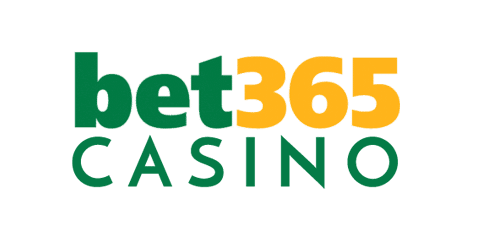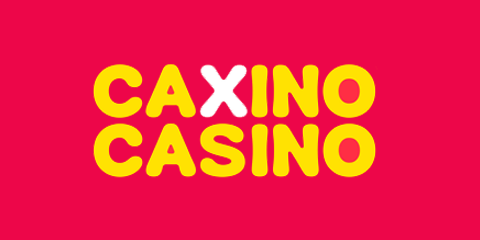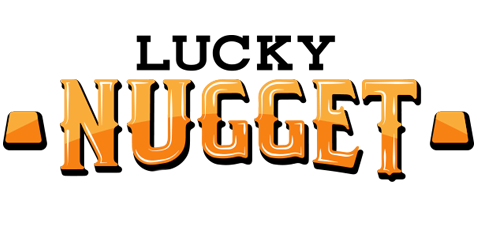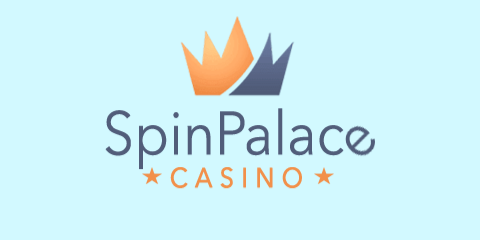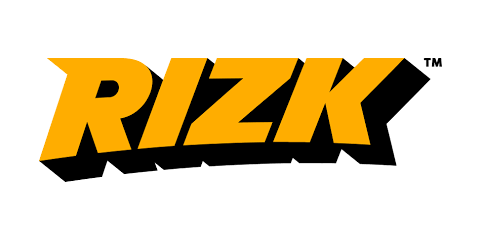Looking to the future: responsible gaming for sustainable business
Oddly enough, the various restrictions that countries have imposed to combat COVID-19 have also affected online businesses in many cases. No one questions the closure of casinos and gambling halls, where, naturally, there is a real risk that the virus could spread. It is difficult to imagine how an employee can clean the buttons of the slot machine after being used by each player, or how to clean each individual roulette chip on each spin. In the case of physical betting shops, most are small places where it is not easy to guarantee the minimum distance between customers.
When Latvia revoked all licenses for an indefinite period of time (ceasing all online gambling for a period of two whole months), Lithuania strongly “recommended” to stop running ads during the pandemic, New Zealand introduced a moratorium on advertising, Sweden limited the number of deposits and the number of bonuses issued as well as their amount... And those are not all cases of restrictions.
How could it be otherwise, the operators stood up to defend their interests and managed to quickly return to the old rules. The main argument has always been the fact that the global nature of the Internet makes it virtually impossible to ban something, causing illegal operators to be able to thrive. The consequent loss of taxes and the loss of control over the sector implied the lack of support for these restrictions on the part of the leaders. However, there was a common argument that often sounded among everyone: the principles of responsible gambling.
This principle comes from large markets with properly established licenses, where companies no longer have short-term interests and try to build a “sustainable” model for the coming decades, thinking mainly about society as a whole, to whom they sell their products and services. Recently, the word sustainability has been increasingly used at the business level. Usually it is associated with environmental balance and the ability of enterprises to build an eternal business plan. Earn money without disturbing the harmony in the universe.
In addition to the introduction of technical tools that can be used by players, personal relationships with customers are very important if there is any trigger that catches the operator's attention. For example, when a player begins to move away from his usual patterns, such as a sharp change in the amounts of bets. It does not mean that this is a problem in all cases, for example, a player may have changed jobs and now have a higher salary or that it is simply one-time bets that are not made systematically.
I also refer to the concept of responsible gambling as the most responsible work of the sector itself: business transparency, compliance with the laws and regulations of the markets in which they operate, as well as educational work with players.
Some operators refuse to give bonuses to new users, and instead offer free bets only on large events. This will benefit the entire gaming industry and help make it a respectable sector of the entertainment industry.

